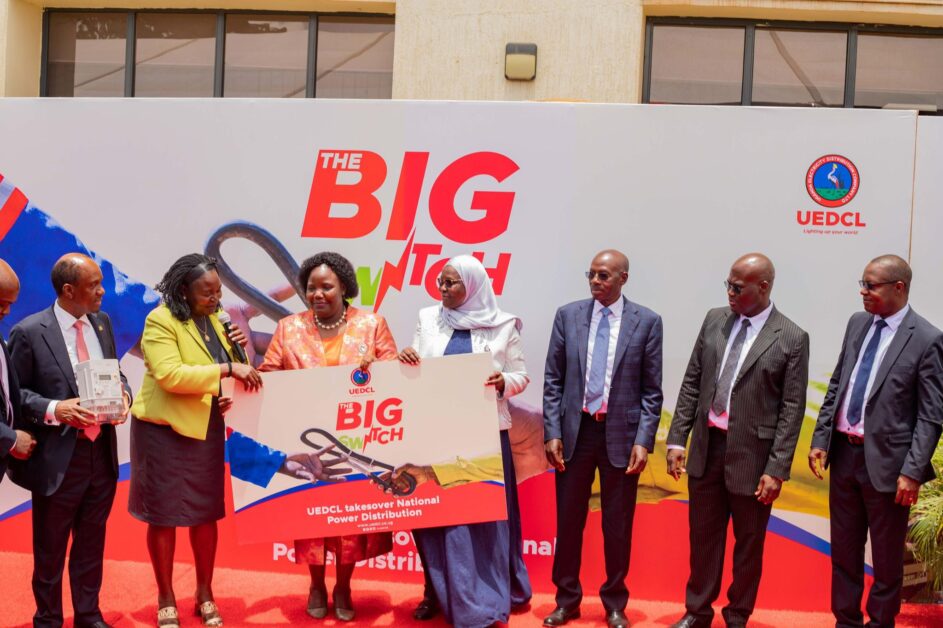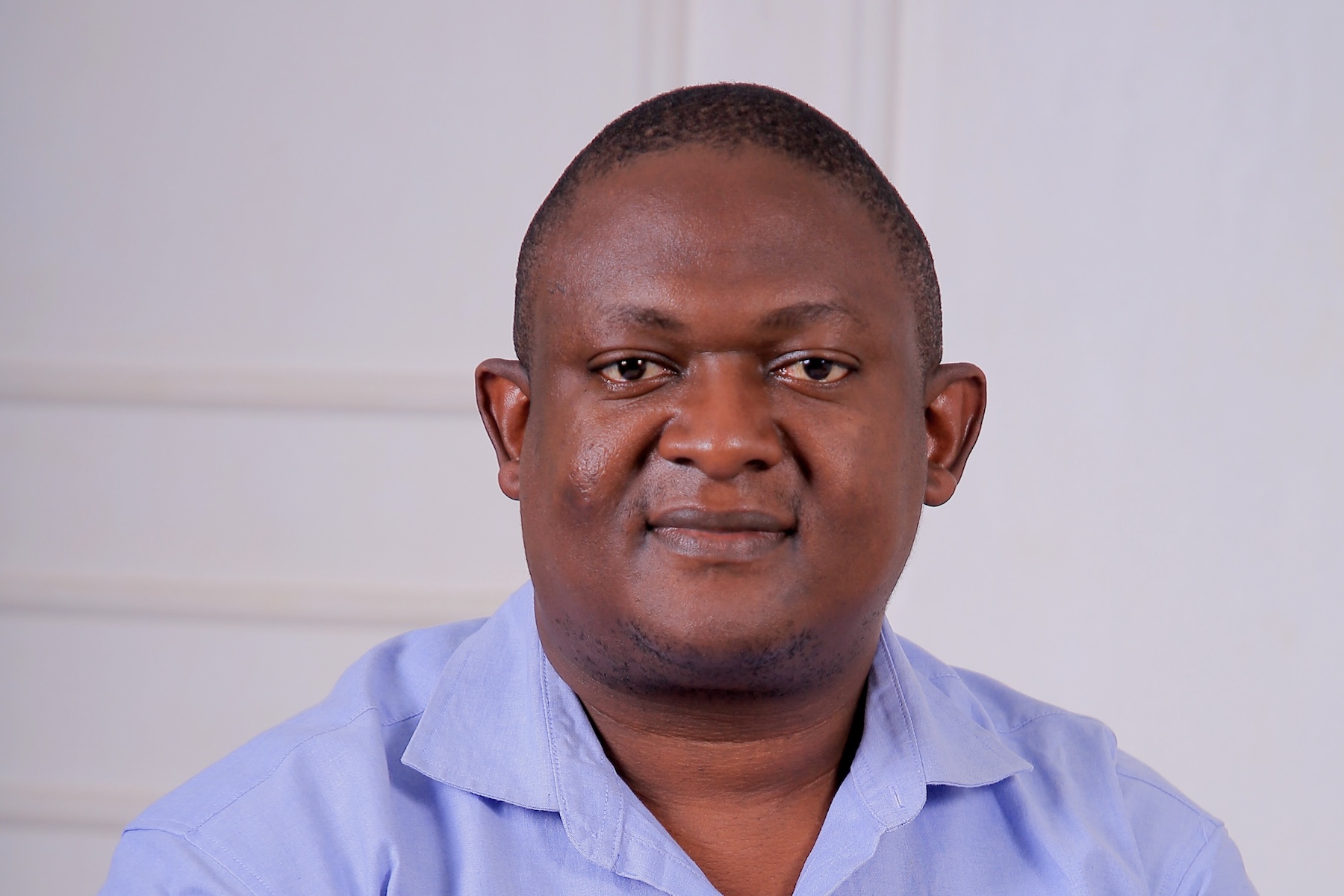From Enterprise Agility to Public Accountability
On March 31, 2025, Uganda Electricity Distribution Company Limited (UEDCL) stepped into history, reclaiming its full mandate as the distributor of electricity nationwide. This came as the concession of UMEME, the private operator for over two decades, officially expired. What followed was a seismic operational shift and a direct transfer of assets, systems, and responsibilities from a private enterprise model to a state-owned enterprise governed under public law.
While the handover may seem like a simple managerial transition, the reality beneath is far more complex. UEDCL didn’t just inherit power lines and substations; it inherited a corporate DNA built on private-sector agility, flexible procurement systems, and commercial service orientation. Now, it must navigate a full reset of governance from private procurement freedom to government procurement compliance.
This monumental shift demands a new kind of backbone: a robust e-procurement system tailored for public sector demands.
Why E-Procurement Is Not Optional
In transitioning from private-sector procurement practices to public procurement laws, UEDCL is at risk of hitting bureaucratic bottlenecks, loss of operational tempo, and exposure to inefficiencies if this shift is not managed strategically. This is where e-procurement becomes a national imperative.
A robust e-procurement system:
– Aligns with government frameworks (e.g., EGP)
– Reduces paperwork, bureaucracy, and administrative lag
– Automates compliance with public procurement laws
– Promotes transparency and deters corruption
– Enhances vendor competition and cost savings
– Improves internal oversight and audit readiness
According to the KONEPS model in South Korea, transitioning to a digital procurement system helped save the government over $4.5 billion in a single year while significantly reducing corruption and enhancing service delivery.
The Risk of Systemic Regression
Without a well-integrated e-procurement system, UEDCL risks more than inefficiency, ineffectiveness and sliding into systemic failure. Paper-based processes or semi-automated legacy systems from UMEME are unlikely to meet the documentation, audit trail, and stakeholder reporting standards demanded of state-owned enterprises by the currently existing procurement legal frameworks.

Moreover, the inherited systems from UMEME were never designed to comply with GPP or integrate with Uganda’s national Electronic Government Procurement (EGP) platform. Attempting to retrofit them would be costly and unreliable.
What then is the logical alternative? It is to build or adopt a fully compliant e-procurement system, that is rooted in Uganda’s regulatory context and designed with best-in-class global functionality.
Studies from Uganda (Basheka), Hong Kong, and Europe all point to common success factors in e-procurement adoption as strong leadership, supplier onboarding, interoperability, and change management. More importantly, they confirm that organizations that adopt digital procurement systems gain not just efficiency and effectiveness only but also strategic visibility, fiscal discipline, and stakeholder trust.
UEDCL already has the national mandate. What it now needs is institutional resilience, and that begins with procurement.
The Opportunity of a New Era
UEDCL must understand that it is not just restarting a utility service, but rather symbolizing a new era of public sector performance. Uganda deserves public institutions that are not only functional but also transformative. Mr. Paul Mwesigwa and his new team of Experts must know that their biggest challenge lies not in replicating UMEME’s old systems, but in designing public infrastructure that outperforms private benchmarks ethically, efficiently, effectively and economically.
By investing in a fit-for-purpose e-procurement system, UEDCL has the opportunity to:
– Deliver better value for every taxpayer shilling
– Become a model for public sector innovation
– Inspire confidence across citizens, regulators, and suppliers alike
Bridging the Gap: Accreditation, Limitations, and the Path to Harmonization
As UEDCL transitions into full public ownership and control, it must also align its internal procurement framework with the regulatory demands of the Public Procurement and Disposal of Public Assets Authority (PPDA). Given the inherited organization’s procurement legal landscape, one of the primary strategies is accreditation. Accreditation is a process by which entities are formally assessed and authorized by PPDA to conduct procurement under delegated authority, particularly in specialized or high-value categories.
However, while the accreditation process is well-intentioned and structured to promote compliance and oversight, it presents immediate limitations in the context of UEDCL’s inherited procurement environment.
The systems, procedures, and tools that UEDCL acquired from UMEME were developed and optimized under private governance models. These systems were not designed with the PPDA’s accreditation requirements in mind, such as:
- Standardized procurement planning formats
- Records and documentation aligned with GPP structures
- Segregation of duties as prescribed in public service structures
- Integration with the Electronic Government Procurement (EGP) platform
This disconnect creates a technical and procedural gap hence making UEDCL non-compliant by default, not by design. Consequently, a direct application of the PPDA accreditation checklist would find UEDCL lacking in several structural areas, through no fault of its own.
To address this lacuna, a harmonization process is urgently required, not merely to assess UEDCL’s systems against rigid public procurement benchmarks, but to jointly redesign a hybrid framework that respects:
- The operational agility needed in the electricity distribution sector
- The legal and ethical obligations of public sector procurement
- The time-sensitive nature of service delivery in the energy space
This calls for a collaborative working arrangement between UEDCL and PPDA hence a special task team or technical committee tasked with:
- Auditing the inherited procurement systems
- Mapping them against GPP and accreditation requirements
- Designing a transitional roadmap that enables compliance without disrupting operations
- Co-developing digital procurement workflows that feed into the national EGP
Importantly, this process should be future-focused. Rather than merely ticking compliance boxes, it should aim to build a forward-leaning procurement ecosystem that blends government integrity with private-sector efficiency. Such a partnership would not only smooth UEDCL’s accreditation journey but also serve as a model for other State-Owned Enterprises (SOEs) navigating similar transitions.
Conclusion
The question is not whether UEDCL should go digital but rather HOW FAST AND HOW WELL. The choice is clear: to rebuild on obsolete private frameworks or to leap forward into a digitized, transparent, and agile future.
If UEDCL wants to deliver on its promise, it must embrace the discipline and digital tools that match its ambition. A robust e-procurement system is not just a tool but it is a strategic safeguard for the public good.
Uganda is watching. Let UEDCL lead.


 From Kenya, Mutuma’s story was written at KIU
From Kenya, Mutuma’s story was written at KIU